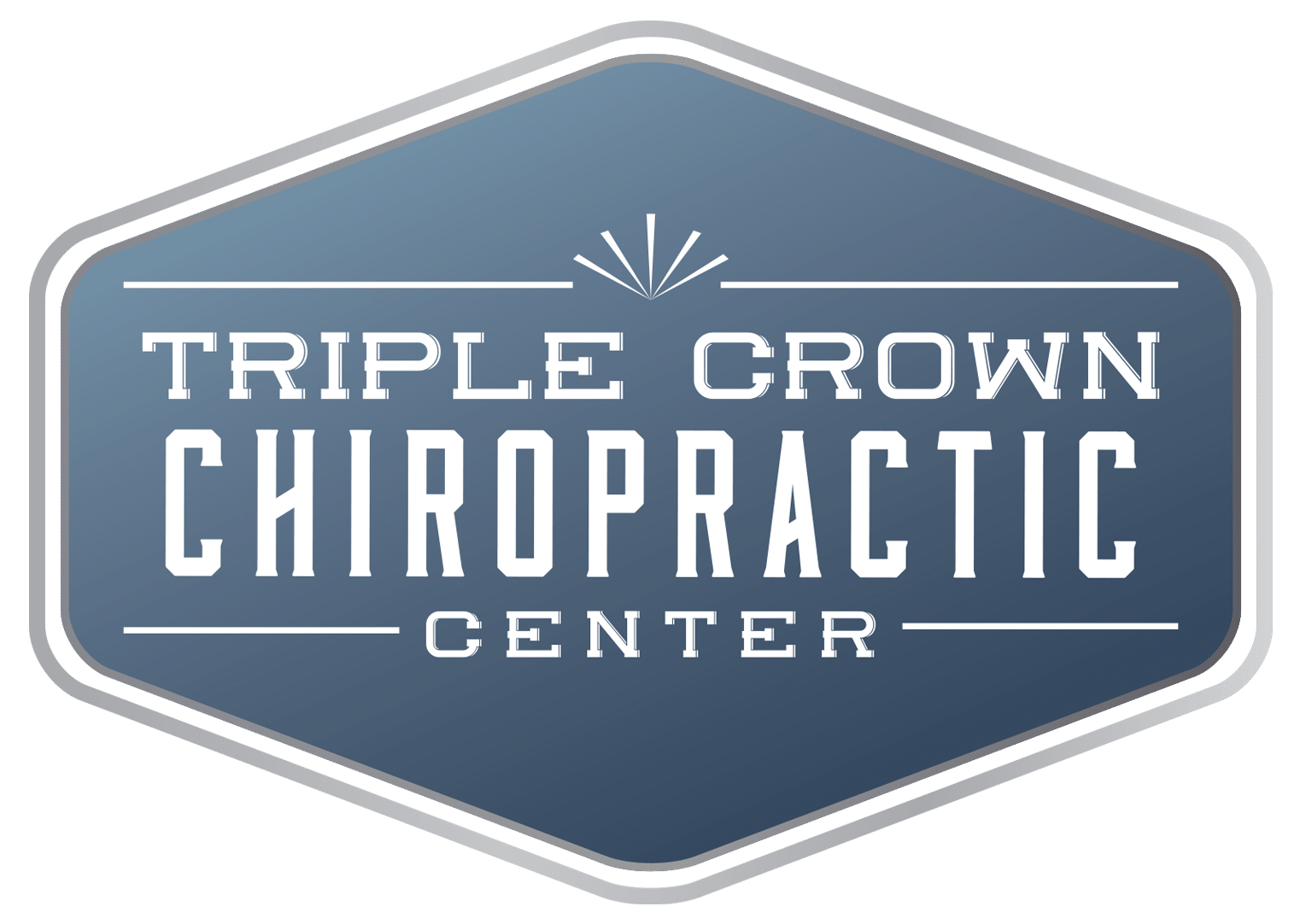Many physically high-risk occupations, such as construction workers, factory workers, and manual laborers, are in the lower back pain-prone category because of the physical stress to the spine.
This type of work can also strain the back muscles and ligaments, which in turn can lead to a “slipped” disc, or a herniated intervertebral disc, which if it ruptures or leaks can result in chronic, debilitating low back pain and related skeletal problems.
By understanding whether the nature of your work puts your spine and body at risk, you can take steps to help prevent back pain. You can also take steps to engage in physical activity to help counteract the effects of an active lifestyle.
What are Different High-Risk Jobs?
1. Construction Workers
The work can be strenuous, which can put a lot of stress on the back. The work can also induce heavy lifting and twisting, which can lead to back injuries. Most construction workers have some form of back pain by the time they retire.
2. Factory Workers
The work can be strenuous, which can put a lot of stress on the back. The work can also induce heavy lifting and twisting, which can lead to back injuries. Most construction workers have some form of back pain by the time they retire.
3. Auto Mechanics
The nature of the job requires mechanics to routinely bend and twist, which can result in back injuries. Auto mechanics also often lift heavy items and have to work on their knees, which can put more strain on the back.
4. Manual Laborers
Not all manual laborers are in low-risk occupations. Those who lift heavy objects and have to strain their bodies to lift and carry items face more risk of back injuries.
Manual laborers often do not think about the risks they face and do not take precautions to avoid injury. They also have to work long hours under stressful conditions, which can lead to more frequent back injuries.
5. Nursing Home Workers and Nurses
They have to lift, reach, and bend frequently, which puts a lot of strain on the back. They often have to lift patients and bedridden patients, which can lead to back injuries.
How to Improve Your Spine Health
To help prevent and reduce back pain, one must first understand what components cause the problems in the first place. This type of knowledge allows one to take steps to avoid and reduce the risks of back pain.
One thing to remember is to not blame your job for your back pain. A sedentary lifestyle, inactivity, and even the poor posture you have at work or at home can also cause you to suffer from back problems. This means that you should also provide physical activity to your daily routine.
Here are a few things you can do to keep your spine healthy and happy:
- Improve your sleeping habits by using a medium-firm to firm mattress, and let your spine rest in a way that is supported. This involves maintaining a good sleeping position that promotes proper spine alignment;
- Exercise your core to develop your abs and improve back muscle strength;
- Make sure you’re wearing high-quality shoes that provide adequate support for your spine;
- Treat yourself to a massage regularly;
- Remind yourself to apply ergonomic practices at work, such as maintaining proper posture whether you’re sitting, standing, or moving.
The Bottom Line: Staying on Top of Your Spine Health
Walking around hunched over, working long hours on your feet, and lifting heavy objects are all things that can lead to back pain.
Even if you are in a high-risk occupation, you can take steps to help reduce back pain by engaging in physical activity, learning proper posture, and using ergonomic practices to help ease the physical stress. The goal is to help keep your back healthy throughout your life.
Are You Looking for the Best Chiropractic Clinic in Walton?
We are the chiropractic clinic for you. The talented staff and chiropractors in Richmond, KY, of Triple Crown Chiropractic have been treating patients for many years. We hope to help you as much as we can!
